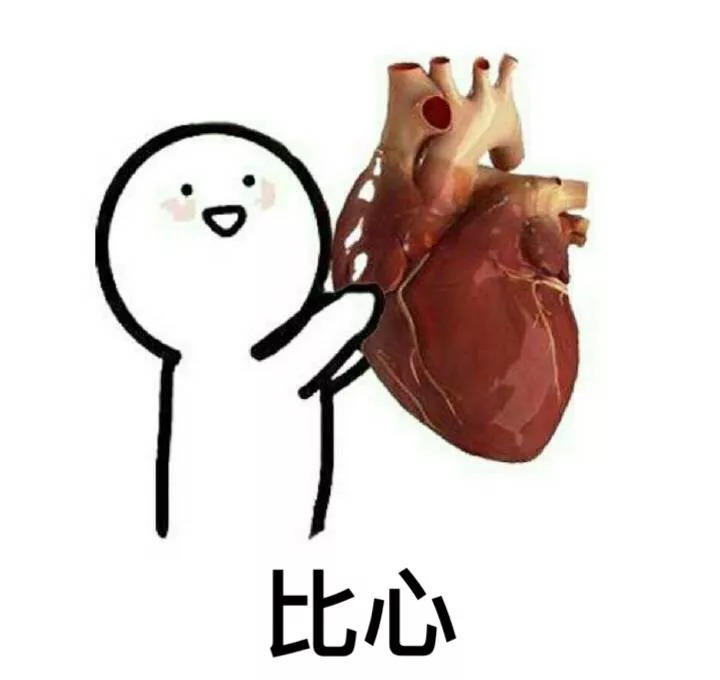Command Palette
Search for a command to run...
Would You Dare to Entrust Your Life to a Machine?

By Super Neuro
One day, you wake up from a coma and find yourself lying in the operating room with no one around you.
Doesn't it look like a scene from a science fiction movie? But you realize that the reason why it's empty is not because there are no doctors, but because there are no more doctors.
The computer next to the bed is running, the robotic arm is operating, and your surgery is still going on. Does it sound a bit like a horror movie?
This day may really be coming soon.
The story I’m sharing today is not that advanced.

What we introduce is a real case that is promoting the intervention of artificial intelligence in medical care.
Corti, a Danish AI company, has developed software that can determine whether an emergency caller is experiencing cardiac arrest.
It is already in use in Copenhagen and is set to be launched in Europe this year in partnership with EENA (European Emergency Number Association).
Medicine is an empirical science
Corti developed this AI software to help emergency call operators identify symptoms of cardiac arrest and assist operators in making judgments about emergency situations.
Using a deep learning system, the software can effectively help operators make critical decisions at critical moments. Just like their personal assistants, the software can determine whether the patient is in cardiac arrest by asking about the patient's symptoms at the time, and then the operator can decide whether emergency treatment is needed.

A Corti official said the software had a high accuracy rate in previous tests and could detect more quickly whether a patient was suffering from cardiac arrest.
In a Copenhagen study of 161,650 historical emergency call databases, the software correctly identified cardiac arrest symptoms more than 93% of the time, while operators correctly identified symptoms less than 73% of the time. The software was also faster, confirming symptoms in 48 seconds, compared to a human operator who took at least 79 seconds.
So what are you hesitating about?
Use it early and enjoy it sooner.
The software is currently in use in Copenhagen and is expected to be deployed in Europe this year in cooperation with EENA (European Emergency Number Association).
Like most deep learning software, this software also uses algorithms to comb through a large amount of known data to learn by itself, and confirms whether the patient is in cardiac arrest by comparing the information of emergency calls. Therefore, it will have more or less shortcomings.
For example, some keywords that have not appeared in the database, or the breathing rhythm of the caller, will affect the results. However, these special circumstances are unavoidable, and even experienced operators or professional medical personnel will be affected when they have never met the patient.
However, Corti believes that as technology improves, the software will be able to make better decisions, and it has already been proven in Copenhagen that it can be put into practical use.
Just entrust your life to a software?
Corti seems to have been successful, but there are still some problems to be solved. For example, in the study of 161,650 emergency calls mentioned above, the number of times the software made mistakes in identifying cardiac arrest was not announced. Corti CTO Lars Maaløe said that although detailed data is still being processed, the error rate of the software will not be too high, and may even be lower than that of manual work.
Another worrying issue is that Corti's software cannot explain to medical professionals how it makes decisions. In this regard, Maaløe said that due to the influence of certain keywords, Corti's software may make mistakes in judgment, but these are within an acceptable range.

So, should we entrust our lives to it?
It all depends on how much you are willing to trust a machine.
If it were me, I would be willing to accept them, but of course the later the better.